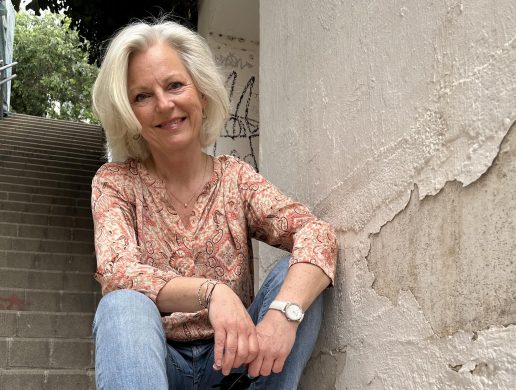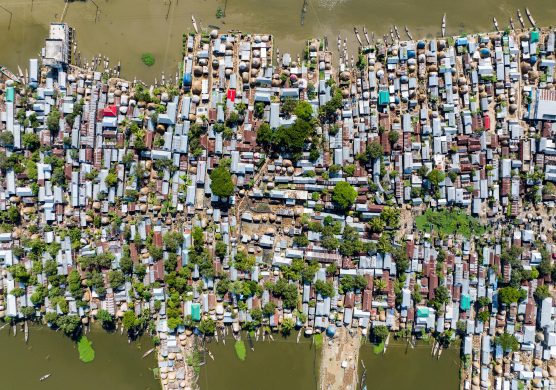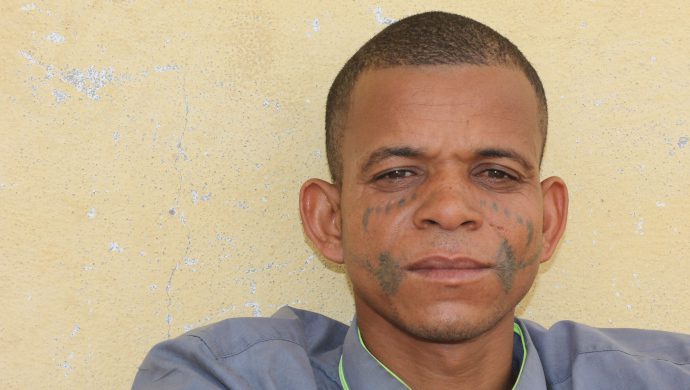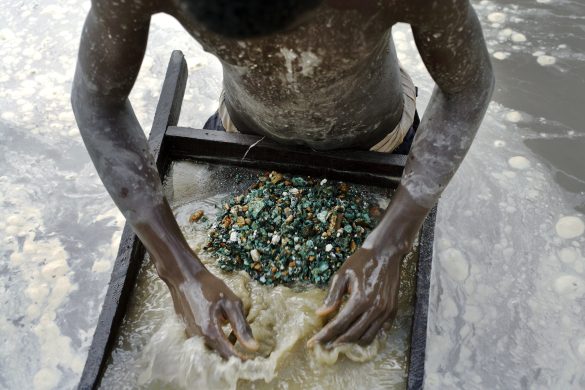Det betaler sig at give børn i alderen 0 – 6 år gode vilkår. De tidlige leveår er nemlig vigtige for barnets udvikling senere i livet, både rent menneskeligt og samfundsøkonomisk. Det viser en ny rapport, lavet af Verdensbanken i samarbejde med Kinas befolknings- og familieplanlægningskommission.
Prenatal care and the quality of life experienced in the early years from birth to the first six years affect physical and brain development of children, and lay the foundation for cognitive and socio-emotional development in subsequent stages of their lives.
Investing in early childhood development and education yields high economic returns, is the most cost-effective strategy to break the inter-generational transmission of poverty, and improves productivity and social cohesion in the long run, says a World Bank study released in Beijing Tuesday.
Early Childhood Development and Education in China: Breaking the Cycle of Poverty and Improving Future Competitiveness, a report produced by the World Bank in collaboration with China’s National Population and Family Planning Commission, offers proposals on how human development can be further advanced in China by investing in early childhood development and education (ECDE).
The report reviews the development status of the 0-6-year-age-old cohort, assesses the equity of access to services in light of public and private finance, and explores policy options to serve children who do not have access to services.
The report draws from national and international data, including a household survey to benchmark progress, identify gaps and assess policy options.
– In China, about 16 million babies are born each year. In total, there are about 100 million 0-6 year old children. They are the future of the nation, and their families place great hope on them. Childhood is a critical period of one’s life. Early childhood experience has a great impact on the development of one’s intelligence, character and social behavior. If the window of opportunity is missed during early childhood, it would be much costlier and harder to build a successful life later, said Dr. Zhao Baige, Vice Minister of the National Population and Family Planning Commission.
– Brain development is most active in the first two years of life. Providing nutrition, health care, and early stimulation would significantly strengthen subsequent physical and cognitive development of children. said Kin Bing Wu, World Bank’s Lead Education Specialist and the Task Team Leader of the study.
– Investing in early childhood development and education is perhaps the most cost-effective way to improve the lives of China’s next generation, said Justin Yifu Lin, World Bank Chief Economist and Senior Vice-President, Development Economics.














